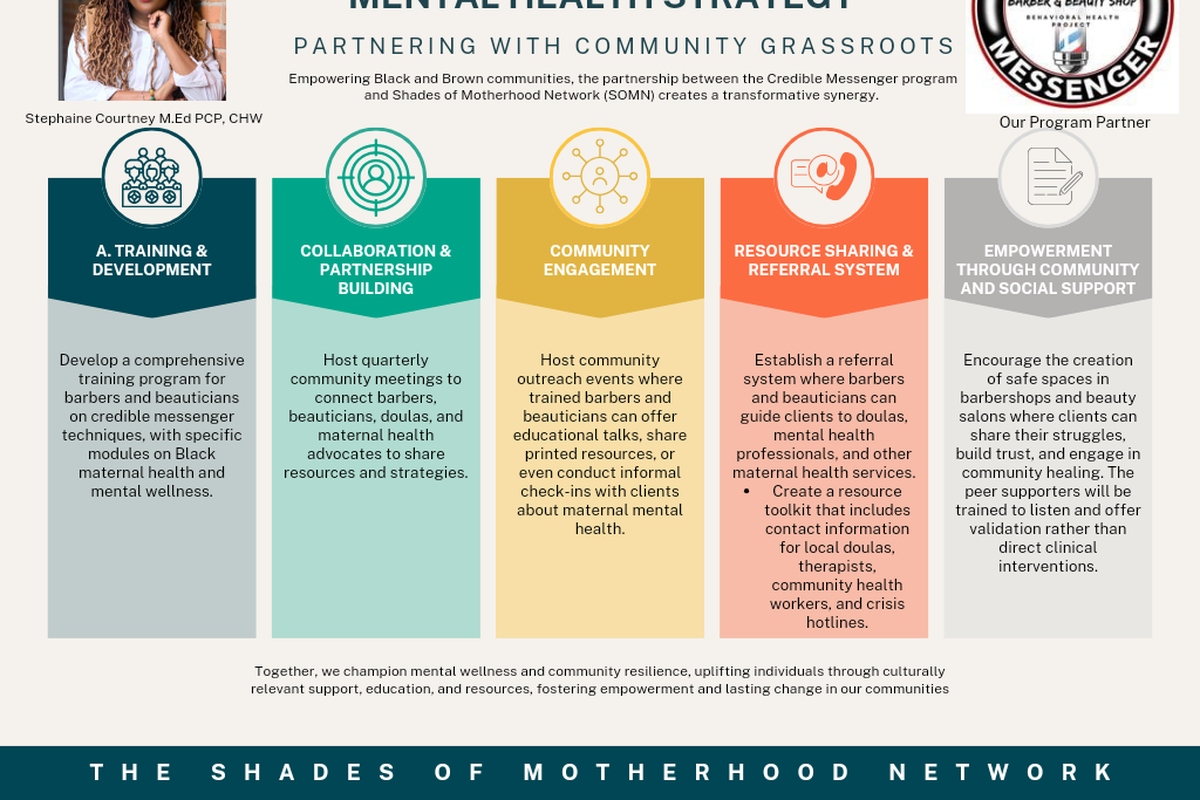A Journey of Healing and Connection, the intersection of Black mental health, and cultural traditions like Kwanzaa offers a unique opportunity to explore healing, resilience, and empowerment within the Black community. As a celebration rooted in African heritage, Kwanzaa’s principles – known as the Nguzo Saba – create a framework that can nurture emotional well-being, foster connections, and address the mental health challenges often amplified by systemic racism and societal inequities. Understanding Kwanzaa and Its Relevance to Mental Health Kwanzaa, celebrated from Dec. 26 to Jan. 1, was created in 1966 by Dr. Maulana Karenga as a cultural celebration of African American heritage and unity. The seven principles of Kwanzaa – Unity (Umoja), Self-Determination (Kujichagulia), Collective Work and Responsibility (Ujima), Cooperative Economics (Ujamaa), Purpose (Nia), Creativity (Kuumba) and Faith (Imani) – resonate deeply with the values that underpin collective and individual mental wellness.
In a time where Black mental health continues to face systemic neglect, Kwanzaa provides a lens through which healing and strength can be rediscovered. Its emphasis on community and shared responsibility counters the isolation and stigma that often accompany mental health struggles. The Black Mental Health Crisis Mental health challenges disproportionately impact the Black community due to intergenerational trauma, economic disparities, and racism. The lack of culturally competent care and the stigma surrounding mental health further exacerbate these issues. According to the American Psychiatric Association, Black adults in the U.S. are less likely to receive mental health treatment compared to White adults, despite experiencing similar rates of mental illness.
The principles of Kwanzaa offer a culturally grounded approach to addressing these disparities. By fostering a sense of identity, purpose, and community, the celebration can serve as a foundation for both individual and collective healing. Applying Kwanzaa Principles to Mental Wellness Umoja (Unity): Strength in Community plays a crucial role in mental health. Umoja reminds us to lean on one another for support. Whether through family gatherings, community events, or support groups, the principle of unity can combat feelings of isolation and foster a sense of belonging. Kujichagulia (Self-Determination): Owning Our Healing Kujichagulia encourages self-determination and autonomy. In the context of mental health, this means advocating for oneself and making empowered decisions about seeking therapy, building boundaries, or exploring culturally affirming healing practices such as meditation or storytelling. Ujima (Collective Work and Responsibility): A Shared Healing Journey Ujima reflects the power of collective work in tackling shared challenges. Black communities can rally around initiatives that destigmatize mental health, increase access to culturally competent care, and create safe spaces for open dialogue. Ujamaa (Cooperative Economics): Investing in Black Healing Spaces Supporting Black therapists, healers, and wellness practitioners reflects the principle of Ujamaa. Cooperative economics ensures that resources flow back into the community, strengthening its capacity to address mental health needs. Nia (Purpose): Finding Meaning in Healing Mental health journeys often involve finding purpose in the struggle. Nia inspires individuals to connect their healing journey to a larger mission–whether it’s supporting loved ones, mentoring others, or contributing to community initiatives. Kuumba (Creativity): Expressing Through Art Creative outlets like painting, poetry, dance, and music have long been healing tools in the Black community. Kuumba encourages the use of creativity as a means to process emotions, express resilience, and envision a brighter future. Imani (Faith): Belief in Ourselves and Our Future Imani is a call to believe in the possibility of change and the strength of our community. Faith, whether in a spiritual sense or in the collective potential of the Black community, can be a powerful anchor for mental resilience. Kwanzaa as a Tool for Healing Kwanzaa is more than a cultural celebration; it is a pathway to address the mental health needs of the Black community. Incorporating its principles into our lives year-round can create a framework for healing that is both culturally affirming and personally transformative. As we light the candles of the Kinara this year, let us also illuminate the path to mental wellness. By embracing Umoja, Kujichagulia, and the other principles, we honor not only our heritage but also our journey toward healing and wholeness. This Kwanzaa, let us affirm the value of Black lives – not just in survival but in thriving mental health and well-being. Through the power of community and culture, we can build a future that prioritizes healing, connection, and resilience.
Stephaine Nobles-Beans is a passionate advocate for Black maternal care, community empowerment and social justice.
